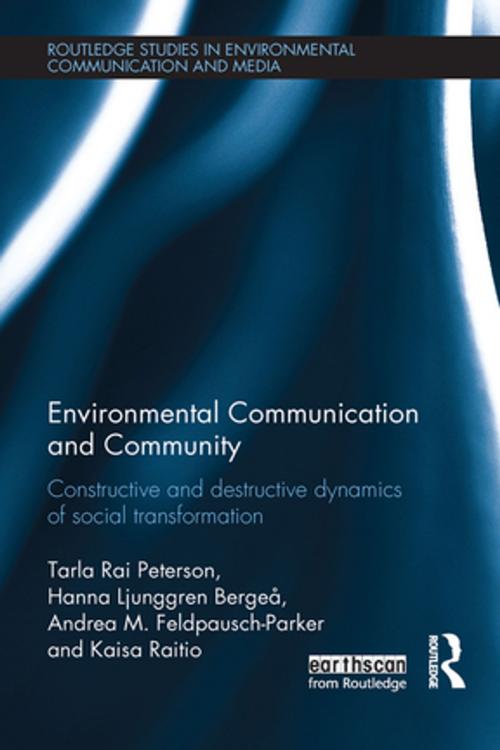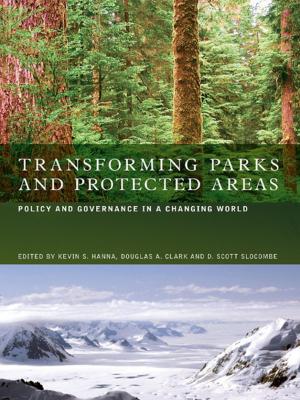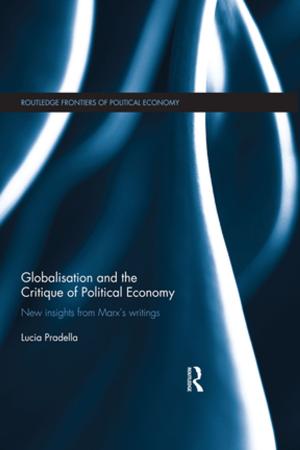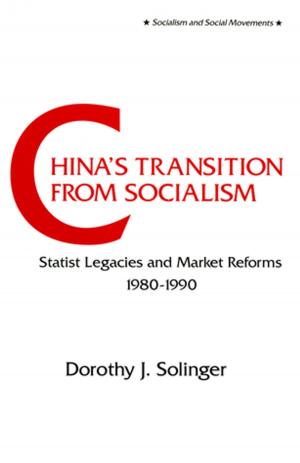Environmental Communication and Community
Constructive and destructive dynamics of social transformation
Nonfiction, Science & Nature, Nature, Environment, Natural Resources, Social & Cultural Studies, Political Science, Government, Public Policy| Author: | ISBN: | 9781317429319 | |
| Publisher: | Taylor and Francis | Publication: | April 28, 2016 |
| Imprint: | Routledge | Language: | English |
| Author: | |
| ISBN: | 9781317429319 |
| Publisher: | Taylor and Francis |
| Publication: | April 28, 2016 |
| Imprint: | Routledge |
| Language: | English |
As society has become increasingly aware of environmental issues, the challenge of structuring public participation opportunities that strengthen democracy, while promoting more sustainable communities has become crucial for many natural resource agencies, industries, interest groups and publics. The processes of negotiating between the often disparate values held by these diverse groups, and formulating and implementing policies that enable people to fulfil goals associated with these values, can strengthen communities as well as tear them apart.
This book provides a critical examination of the role communication plays in social transition, through both construction and destruction of community. The authors examine the processes and practices put in play when people who may or may not have previously seen themselves as interconnected, communicate with each other, often in situations where they are competing for the same resources. Drawing upon a diverse selection of case-studies on the American, Asian and European continents, the chapters chart a range of approaches to environmental communication, including symbolic construction, modes of organising and agonistic politics of communication.
This volume will be of great interest to researchers, teachers, and practitioners of environmental communication, environmental conflict, community development and natural resource management.
As society has become increasingly aware of environmental issues, the challenge of structuring public participation opportunities that strengthen democracy, while promoting more sustainable communities has become crucial for many natural resource agencies, industries, interest groups and publics. The processes of negotiating between the often disparate values held by these diverse groups, and formulating and implementing policies that enable people to fulfil goals associated with these values, can strengthen communities as well as tear them apart.
This book provides a critical examination of the role communication plays in social transition, through both construction and destruction of community. The authors examine the processes and practices put in play when people who may or may not have previously seen themselves as interconnected, communicate with each other, often in situations where they are competing for the same resources. Drawing upon a diverse selection of case-studies on the American, Asian and European continents, the chapters chart a range of approaches to environmental communication, including symbolic construction, modes of organising and agonistic politics of communication.
This volume will be of great interest to researchers, teachers, and practitioners of environmental communication, environmental conflict, community development and natural resource management.















